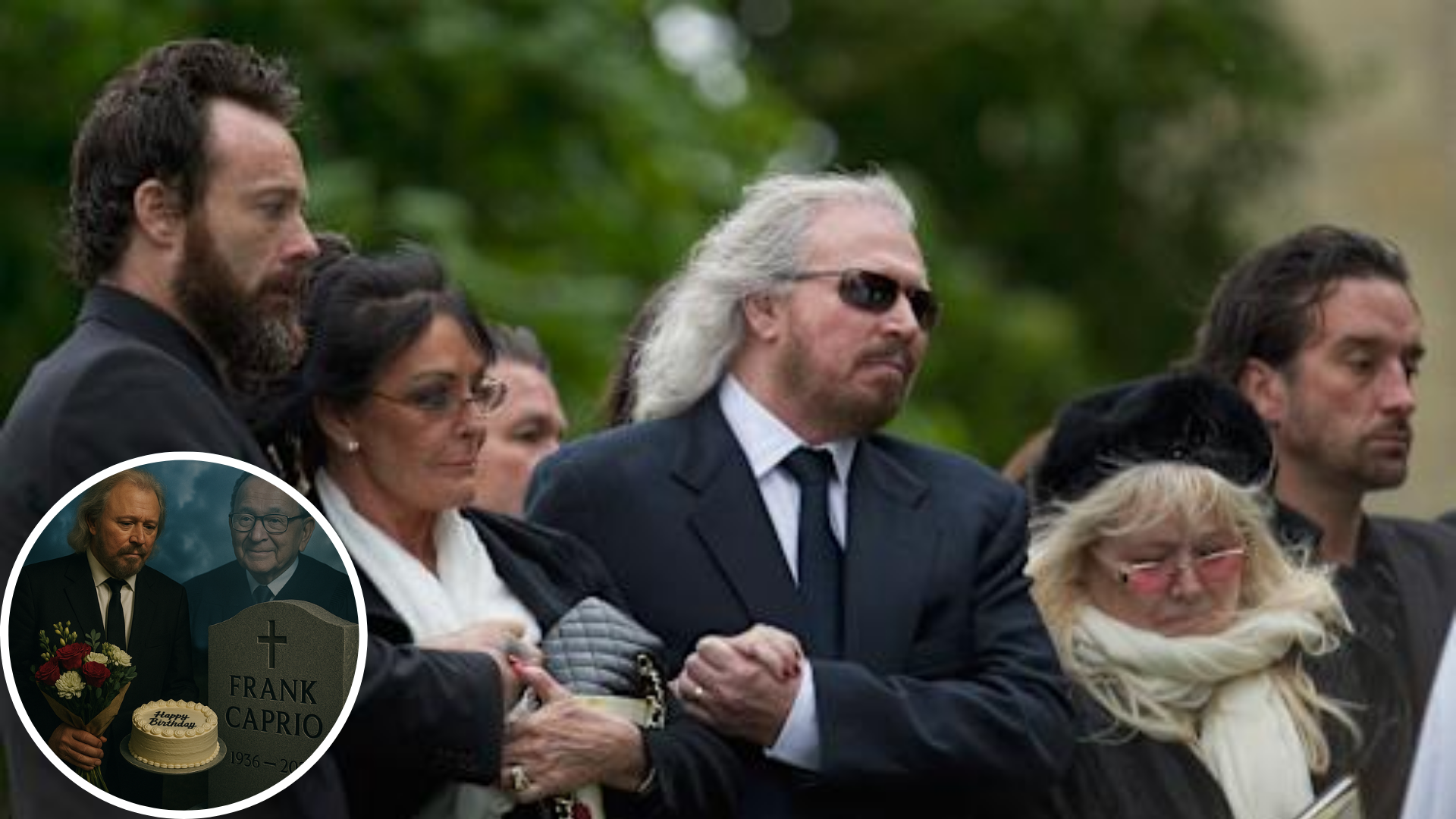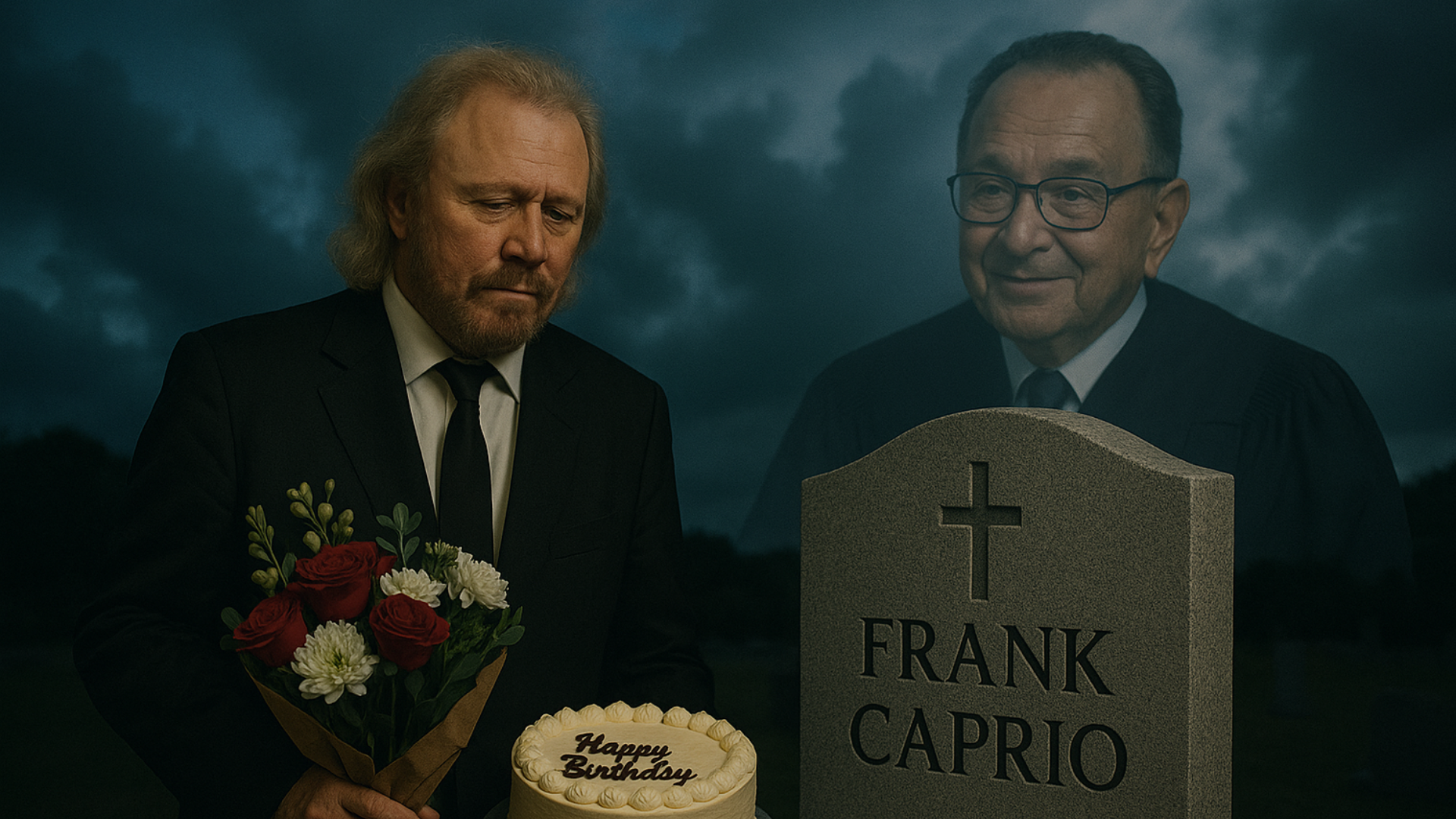
When the Bee Gees released “Lonely Days” in 1970, it carried the sound of both fracture and healing. Just months earlier, the brothers had split apart in tension and exhaustion. Yet when Barry, Robin, and Maurice Gibb reunited, this was the first song they wrote together — a declaration that even from brokenness, harmony could rise again.

The song begins with a hushed, almost prayerful tone. A simple piano progression underlines Barry’s tender vocal: “Good morning, Mr. Sunshine, you brighten up my day.” There’s fragility in the delivery, as though the song is reaching for light after a long period of darkness.
But then comes the shift. The chorus erupts with urgency — a gospel-like cry of “Lonely days, lonely nights, where would I be without my woman?” The voices of all three brothers soar together, their harmonies bursting open like floodgates. It’s not just a chorus; it’s an emotional release, a reminder of the raw power they found when they sang as one.
Barry’s voice drives the track, steady and soulful, but it’s the blending of the three that makes the song unforgettable. Robin’s plaintive tone and Maurice’s grounding presence wrap around Barry’s lead, turning a simple lyric into something universal — a hymn for anyone who has ever clung to love in order to survive loneliness.
Musically, the contrasts are striking. The soft verses give way to booming choruses, echoing the turbulence of heartbreak and reconciliation. You can hear traces of the Beatles’ influence in the arrangement, yet the Bee Gees make it entirely their own — dramatic, melodic, and brimming with sincerity.
What makes “Lonely Days” endure is not only its musical inventiveness but its emotional truth. It was the Bee Gees finding their way back to each other, translating their own fractured story into a song that spoke to millions. For Barry Gibb, it was also a moment of reaffirmation: proof that even when bonds are tested, the power of love — and of music — can bring healing.
Decades later, “Lonely Days” remains one of the Bee Gees’ most poignant early classics, a song that carries both the vulnerability of loss and the triumph of reunion. And at its heart is Barry Gibb, turning loneliness into melody, and melody into something eternal.